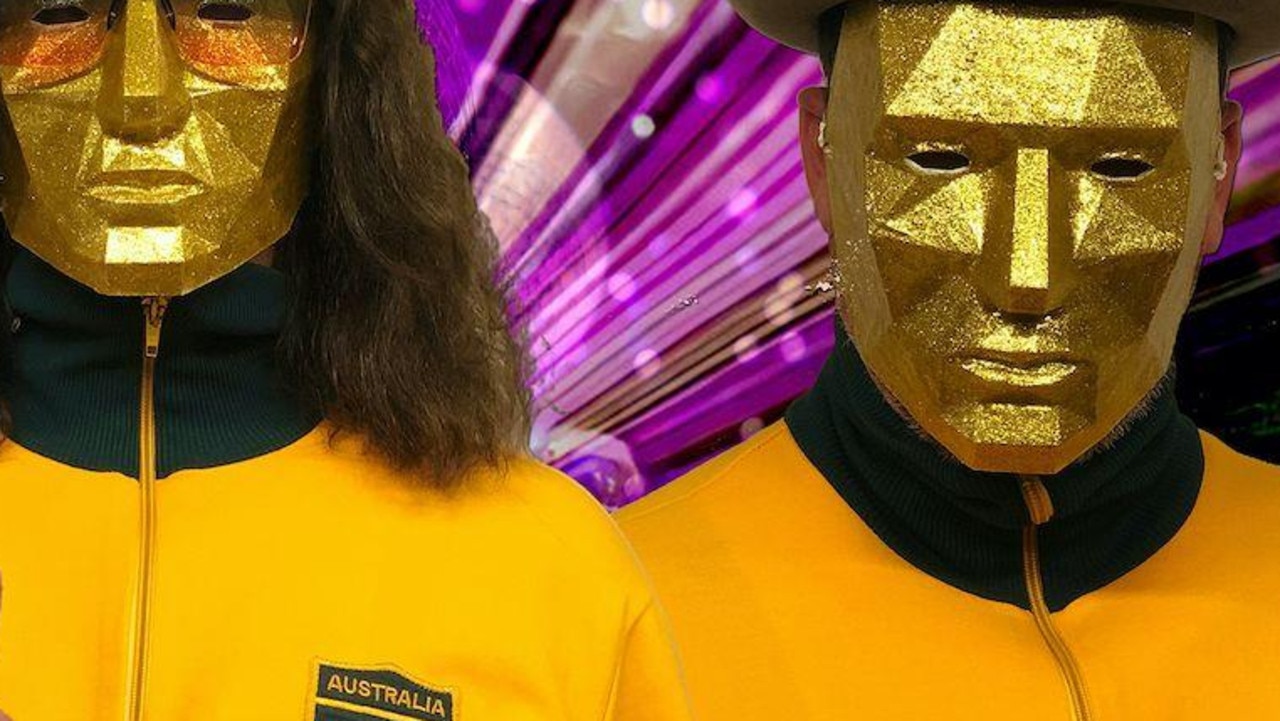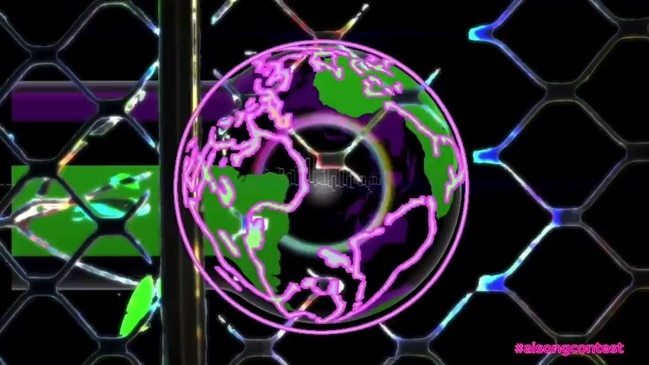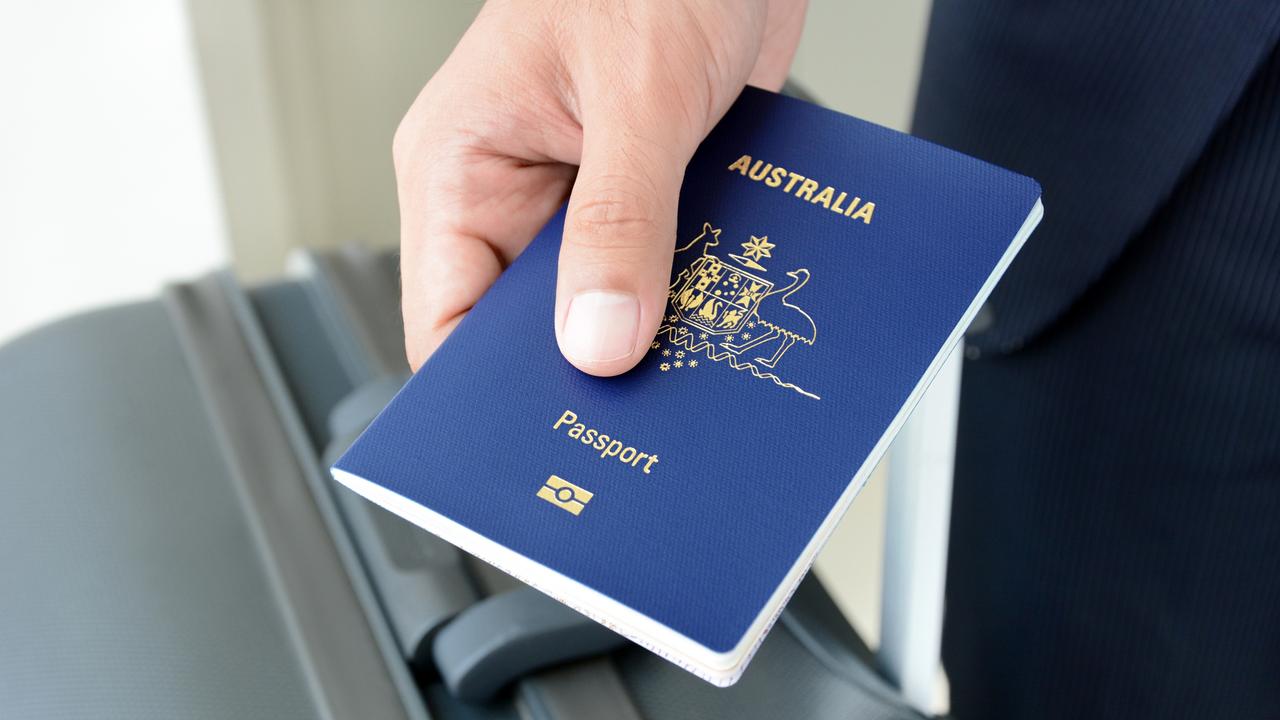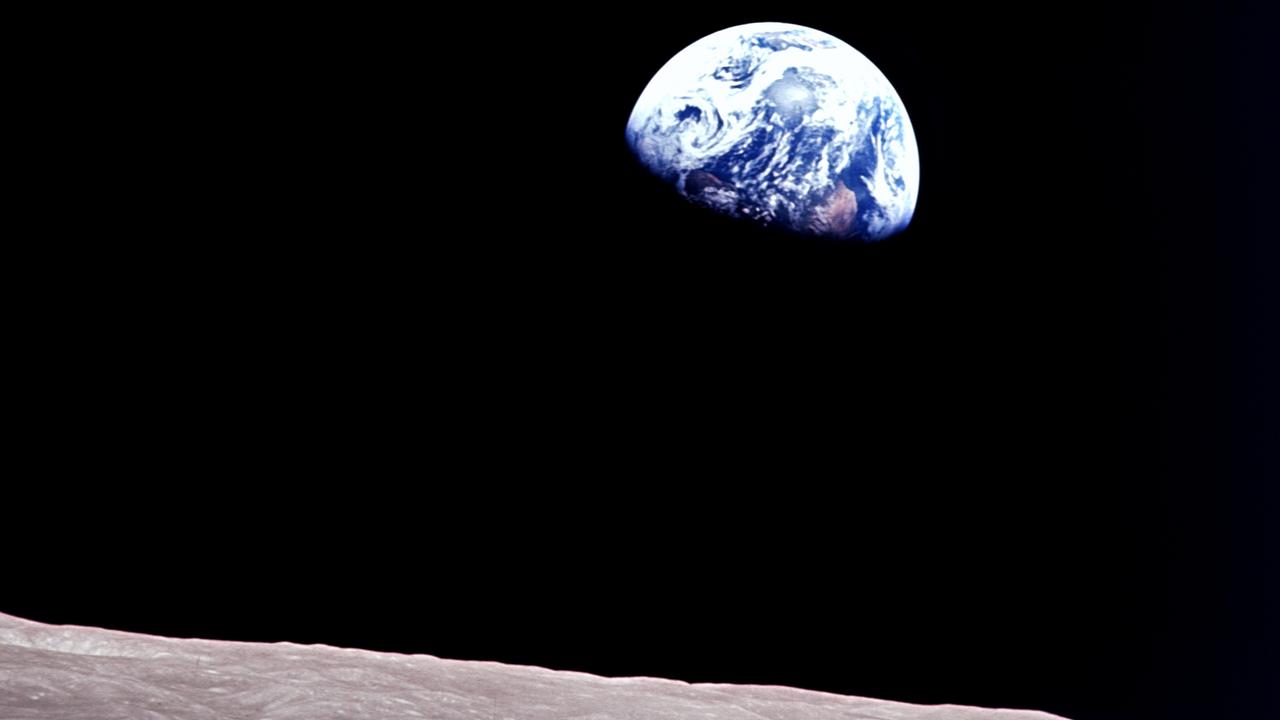Aussie AI song takes global music prize
A three-minute song written by artificial intelligence that turned koala grunts, kookaburra laughs and Tassie devil barks into a kind of instrument has won an international music competition

READING LEVEL: ORANGE
An Australian song written using artificial intelligence has won a new international music competition.
The song, Beautiful the World, was one of 13 entries in the AI Song Contest, hosted by Dutch radio station VPRO.
The competition invited Eurovision member countries to submit a three-minute song in the Eurovision style made partly or wholly* by artificial intelligence.
Artificial intelligence is when computers think, work and learn more like how we expect humans to do.
Beautiful the World was composed by a team of computer scientists, producers and musicians led by Sydney production studio Uncanny Valley, which worked with RMIT University’s Dr Sandra Uitdenbogerd and the University of NSW.

Dr Uitdenbogerd said its creation took on new relevance* as the challenging events of 2020 – including bushfires and a global pandemic – unfolded.
“When we started this process we were still reeling* from the bushfires,” Uitdenbogerd said.
“So we used our AI processes to turn koala grunts, kookaburra laughs, and Tassie devil barks into a kind of instrument, reflecting our concern for all the wildlife dying in the bushfires.
“As the year progressed, coronavirus hit and so we all had to stay at home – many of the lyrics speak to this experience, such as the ‘welcome home’ refrain* in the pre-chorus, and the line ‘flying from this world that has gone apart’.
“So you can treat it as a bit of fun, but lines such as ‘the music of the earth has arrived’ do also give it that serious message of: ‘look after each other, and look after the planet’.”
All these lyrics – along with the melody – were created using a combination of AI processes and human intervention*.
Producers from Uncanny Valley used algorithms — a set of rules for a computer to follow — to turn samples of 200 Eurovision songs into new melodies.
Perhaps the most famous of these samples was ABBA’s 1974 hit Waterloo.
Lyrics were generated by feeding “seed” words into a computer, which then spat out a series of phrases that were selected by the producers.
Dr Uitdenbogerd’s role was to provide an algorithmic “pattern matching” technique, which can match words and melodies together.
The winner was decided by a mix of popular vote and a panel of AI experts.
In a written statement, the judges commented on the high quality of the entries.
“Composing a song with AI is hard because you have all the creative challenges that come with song writing, but you also have to juggle with getting the machine learning right.
“Overall, we were delighted by the diversity* and collaboration* within the teams.
“They not only pushed the boundaries of their personal creativity, but also gave the audience a look into the exciting future of human-AI musical collaboration.”
Contest founder and VPRO editor Karen van Dijk said the teams had made the most out of the creative possibilities of artificial intelligence.
“In my opinion, some songs would not be out of place in the official Eurovision Song Contest,” she said.
Dr Uitdenbogerd, who was up at 4.30am Australian time to watch the livestream announcement of the winner from the Netherlands, said that after a good nap, she was starting to think about what was next.
“There is some talk of composing Australia’s Eurovision song for next year, but we’ll have to wait and see!”
This is an edited version of a story first published by RMIT and republished with permission.
GLOSSARY
- wholly: completely
- relevance: state of being connected or related
- reeling: feeling shocked
- refrain: short part of a song that is repeated
- intervention: involvement
- diversity: a range of different things or people
- collaboration: working together
EXTRA READING
AI chefs and robotic playmates in our future
Hip hop makes cheese taste great
Making music in times of trouble
Wanted: a real human face for robots
QUICK QUIZ
- What is the song called?
- What was the serious message behind the lyrics?
- What famous song did the computers sample?
- Who decided the winner?
- How did Dr Uitdenbogerd find out the song had won?
LISTEN TO THIS STORY
CLASSROOM ACTIVITIES
1. Write the Rules
What do you think the rules for this competition should be? Write a list of 10 rules you think will make the competition fair, will help the judges to judge each of the songs and decide the best entry.
Time: allow 20 minutes to complete this activity.
Curriculum Links: English, Music, Critical and Creative Thinking
2. Extension
Do you think that writing a song using AI is the same or as good as a person writing a song? Give reasons for your answer.
Time: allow 15 minutes for this activity.
Curriculum Links: English, Critical and Creative Thinking
VCOP ACTIVITY
Bark, Woof, Tweet Tweet
Pick a song or nursery rhyme with a repetitive tune, like Hot Cross Buns or Mary Had A Little Lamb.
Then change the words of the song to animal sounds instead. Try and sing your song to the tune of the old one, but with your animal sounds.
How did it sound?
Do you need to change any animal sounds around?
Sing it to a partner and see if they can pick the original tune.
Did they guess it?
Write a new title for your song.
HAVE YOUR SAY: What would you like to use AI for?
No one-word answers. Use full sentences to explain your thinking. No comments will be published until approved by editors.

